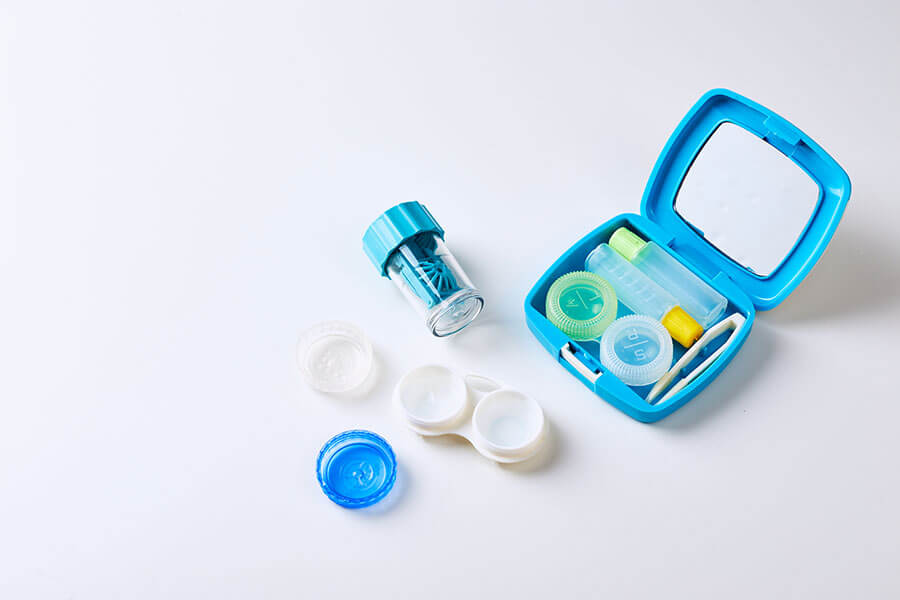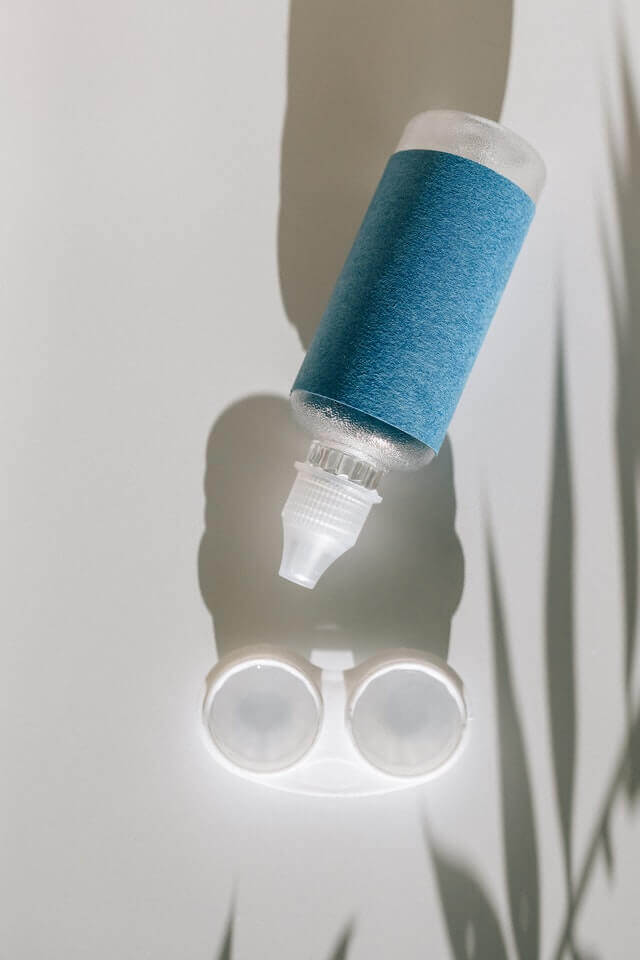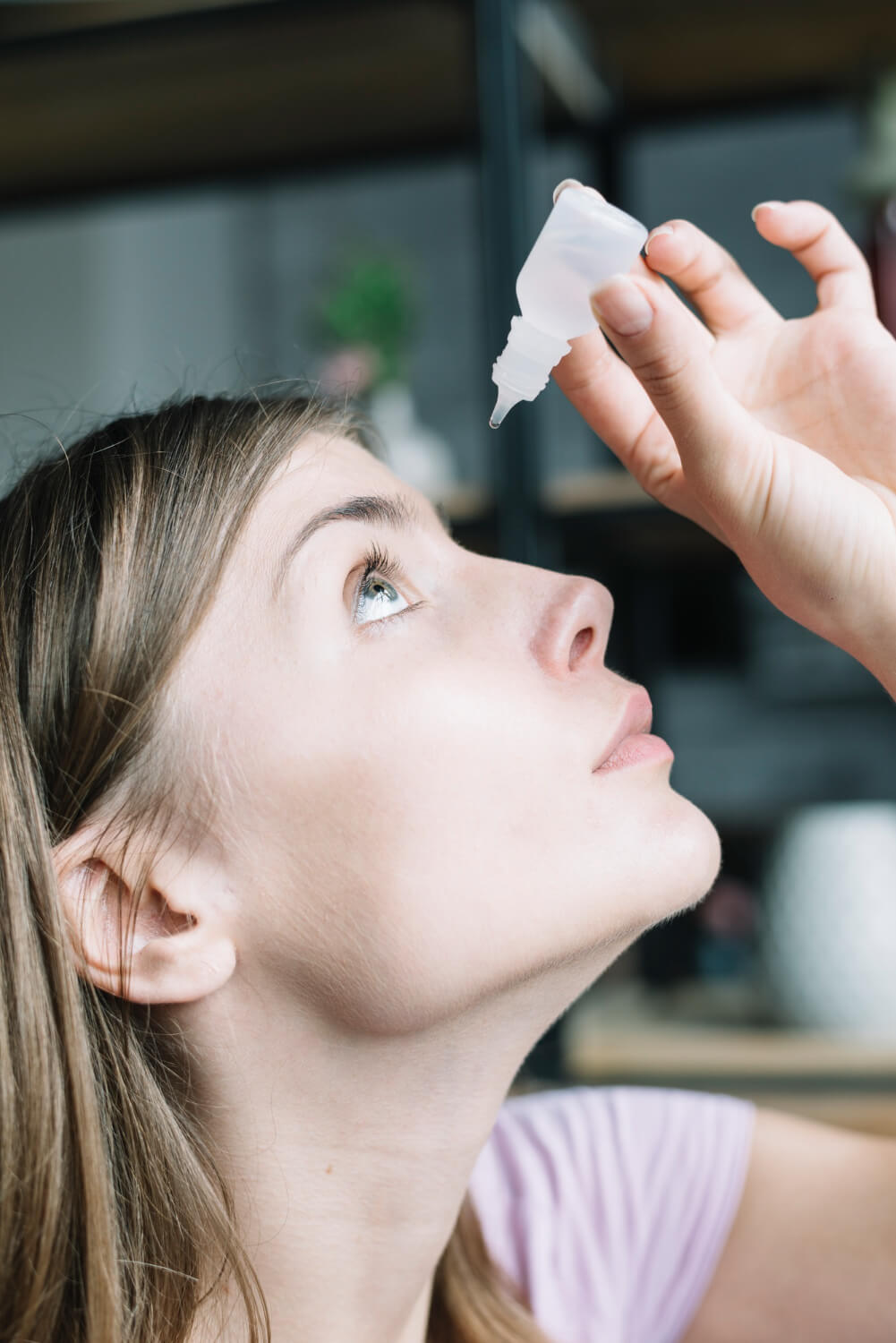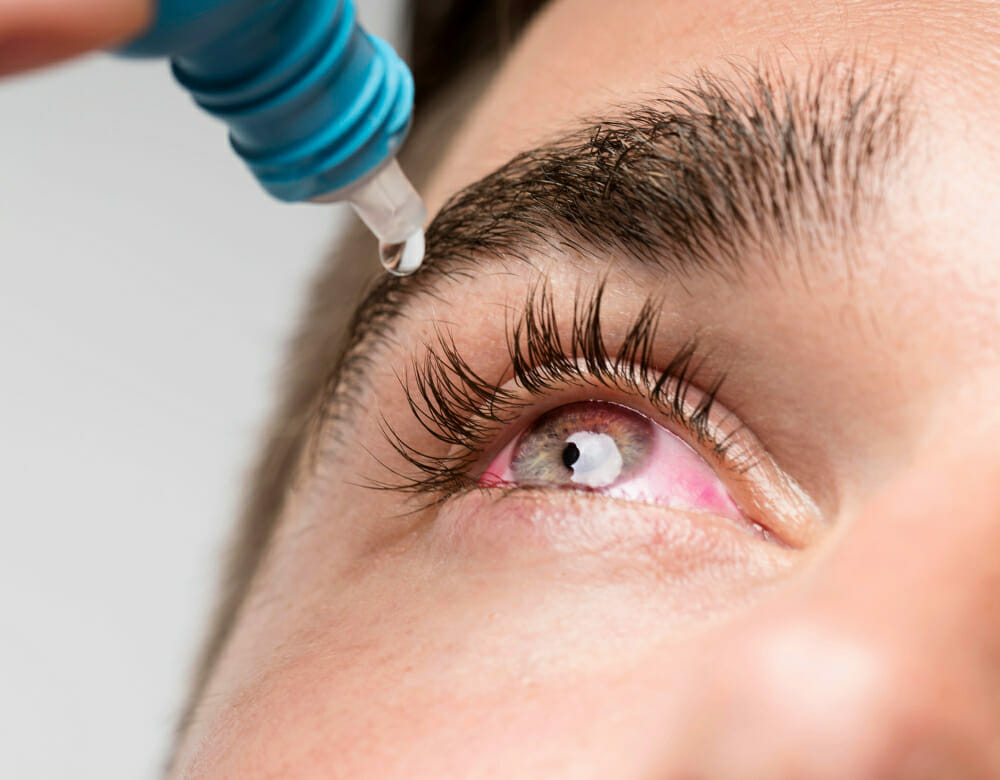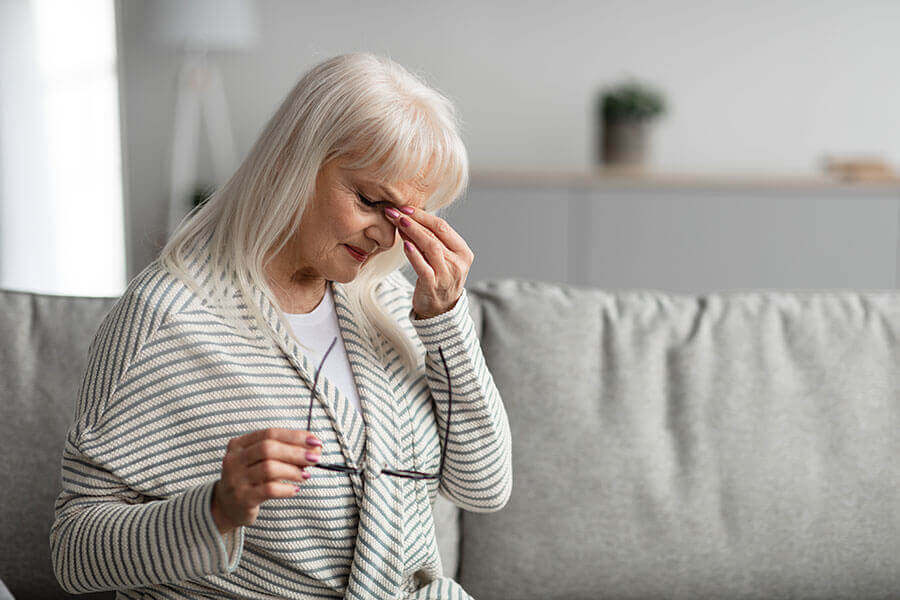There are various treatments used to help people who suffer from dry eyes. The type of treatment depends on the severity and type of dry eyes (aqueous or evaporative). One treatment option is to apply warm compresses 2x a day for 10 minutes over your eyes with lid massage and lid scrubs. Also using over the counter artificial tears 2-4x a day can reduce your dryness. If your dry eyes are more severe, you can also add a gel drop or ointment at night, and/or add prescription eye drops for dry eyes, such as Restasis or Xiidra. Dry eye is a multifactorial disease of the ocular surface, and one component that causes dry eyes is ocular surface inflammation and damage; so Xiidra and Restasis work by regulating the inflammatory processes in the eye that can affect tear production. Another treatment for dry eyes is to have your eye doctor insert punctal plugs in the inner corners of your eyes, which partially closes one of your tear ducts to allow your tears to stay longer on the front surface of your eyes and keep your eyes lubricated. There are also other in-office devices such as LipiFlow, iLUX, TearCare, Intense Pulsed Light, or Blephex that your eye doctor can use to treat your symptoms of dryness. Furthermore, changing your environment can also help reduce your dry eyes, such as adding a humidifier to your room or taking frequent breaks from your digital devices.

